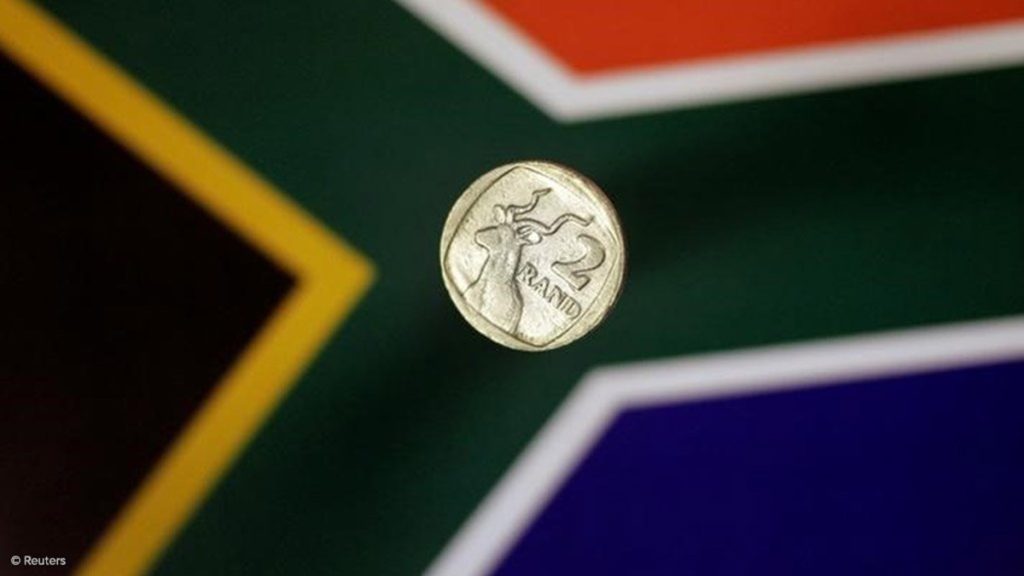South Africa’s rand strengthened on Wednesday, benefiting from weakness in the U.S. dollar as markets reacted to the economic impact of President Donald Trump’s policies.
By 15:05 GMT, the rand was trading at 18.37 against the dollar, marking a 0.5% gain from its previous close.
The dollar fell to a three-month low as concerns over the U.S. trade war with key partners deepened. It was last seen trading about 1% weaker against a basket of major currencies.
Later on Wednesday, the Trump administration was set to make an announcement on U.S. tariffs imposed on Canada and Mexico, with the president reportedly considering relief for certain sectors, including the automotive industry, according to the U.S. Commerce Department chief.
Danny Greeff, co-head of Africa at ETM Analytics, noted that emerging market currencies, including the rand, had taken advantage of the broad-based pressure on the dollar.
“As the dollar has come under broad-based pressure, the rand and other emerging market currencies have capitalised,” Greeff said.
He added that Trump’s policies appeared to be accelerating the global business cycle toward a downturn. While a sell-off in global equities could weigh on high-risk assets like the rand, a likely response from the Federal Reserve—cutting interest rates—would lower U.S. Treasury yields and eventually boost risk appetite.

“It’s a matter of timing these dynamics right, and, for now, it seems the market is struggling with that,” Greeff said.
Like other risk-sensitive currencies, the rand is influenced by global economic trends, particularly U.S. monetary and trade policies, alongside domestic factors.
On the local front, Wednesday’s economic calendar was relatively quiet, with the main release being February’s whole-economy Purchasing Managers’ Index (PMI), which indicated continued weakness in business activity but at a slower pace of contraction.
Looking ahead, investors are turning their attention to South Africa’s delayed national budget, scheduled for next week. The budget was postponed last month due to disagreements within the ruling coalition over a potential increase in value-added tax.
On the Johannesburg Stock Exchange, the blue-chip Top-40 index (.JTOPI) closed 1.2% higher. Meanwhile, South Africa’s benchmark 2030 government bond remained largely unchanged.


